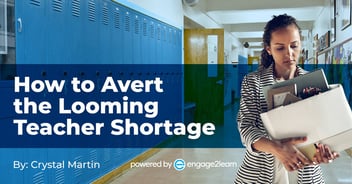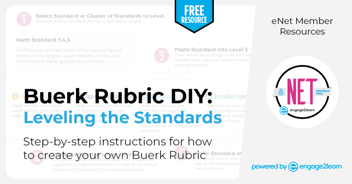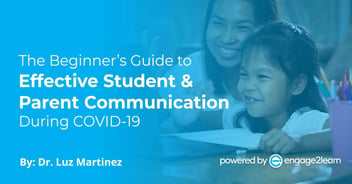Preparing Students to be Ready for Life | engage2learn
The transition from adolescence to adulthood can be challenging. Imagine how difficult it would be to transition without the skills necessary to function in today’s society. Skills such as Communication, Collaboration, and a healthy Growth Mindset are just a few of the Life Ready Skills that are necessary for entrepreneurs and sought after by employers. Regardless of the path one takes, these foundational skills decrease barriers and help students grow and flourish in their chosen career paths as well as helping them develop into highly functioning adults. engage2Learn has put these seven Life Ready Skills at the forefront of student development.
Regardless of the path one takes, these foundational skills decrease barriers and help students grow and flourish in their chosen career paths as well as helping them develop into highly functioning adults. Click To TweetOne of the Life Ready skills is Autonomy. Being able to function independently is crucial to success. Autonomy is the ability to be resourceful and persistent and for a student, this can be seen in decision-making and the ability to solve problems with little or no help. By being Autonomous, students start to “flex their muscles” in the area of Critical Thinking. When solving a problem, students become better at addressing issues in conventional and unconventional ways. Autonomy drives students to alternative thought processes.
Unconventional thought is where Creativity begins to flourish. Creativity gives students a chance to refine ideas and apply inventiveness. Creativity is a crucial skill that employers are always seeking and entrepreneurs must possess. When a student is presented with problems or challenges on a regular basis, this skill can be polished and perfected. By working through problems, students learn to have “grit” and the ability to analyze their mistakes and grow. Over time, this establishes a positive outlook of change and development. Having a Growth Mindset helps students become eager to take risks and embrace new and challenging tasks. That courage is essential to how they will face future challenges. While mastering these individual skills, it is also crucial to student development to learn how to work, collaboratively, as a unit.
Collaboration is a skill set that students must have to function in academics as well as in their personal lives. Understanding group dynamics, team roles, norms, and being flexible will all aid students in learning how to work with others, from classmates to friends and family. It is also important that students develop a value system to use throughout their lives. While working in collaborative groups, Communication is an essential tool to get tasks accomplished. Being able to effectively articulate using oral, written, and non-verbal communication in a variety of forms and contexts is crucial to building relationships and conveying messages.
Another fundamental skill set is Professional Ethics, where students exhibit integrity. There is also an emphasis on authentic interaction with others by honoring commitments to learn individually and collectively. Once a student gets comfortable with the first six skills, applying ethics to how they are used is an essential piece to the puzzle.
The way a student perceives and navigates their educational journey begins long before formal education does. Exposing students to simulated experiences that mimic real life helps them connect and develop. It is even more impactful when students can relate to lessons based on culture and community. This connection to culture and community assists students in developing a more expansive “who can I help or how can I solve” approach in comparison to the more traditional mindset of “what do I want to be” mentality.
Helping students discover their passions through an inquiry-based approach can generate the fuel needed to persevere regardless of backgrounds and experiences. Click To TweetHelping students discover their passions through an inquiry-based approach can generate the fuel needed to persevere regardless of backgrounds and experiences. This vigorous process of helping students find their “why,” is a powerful experience and propels them through their educational journey and beyond.



